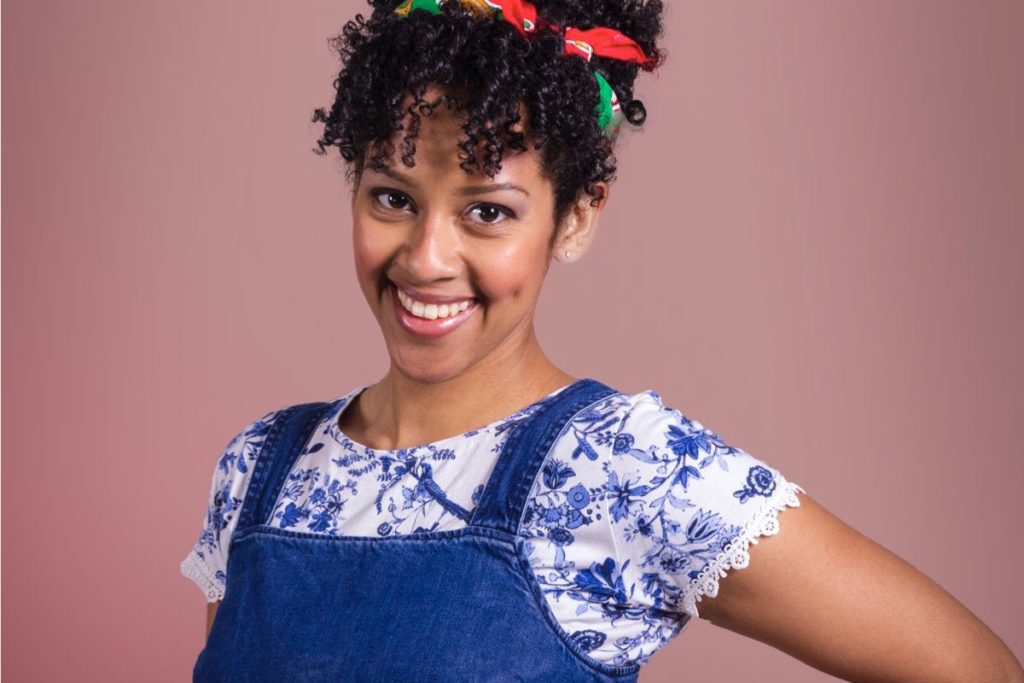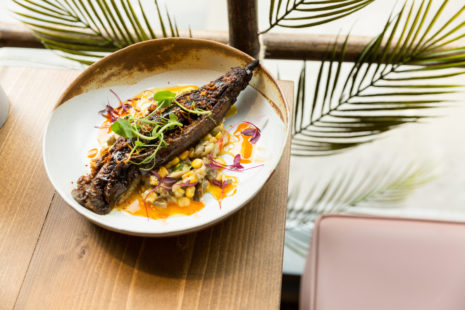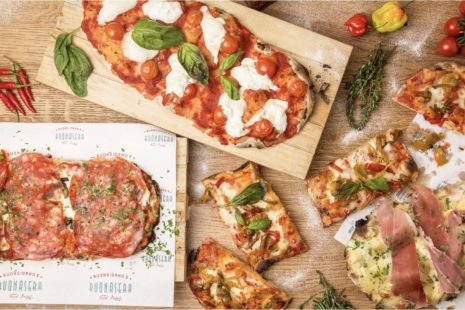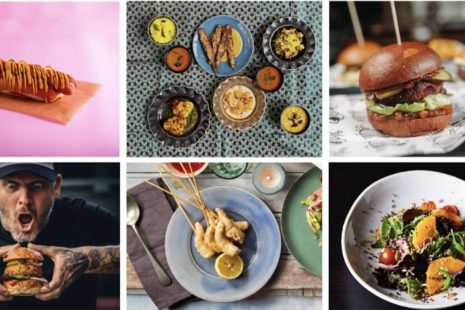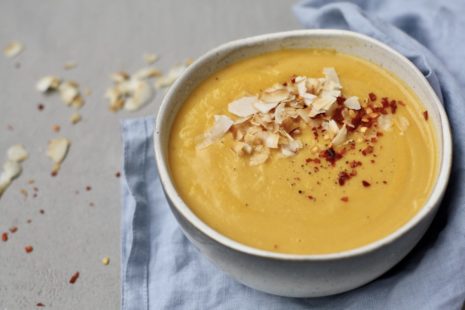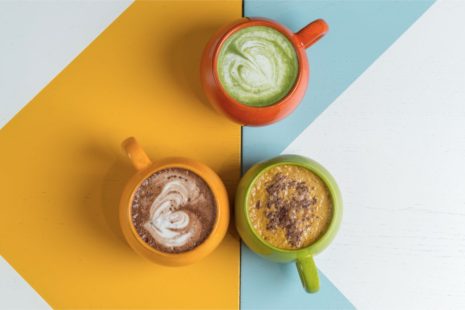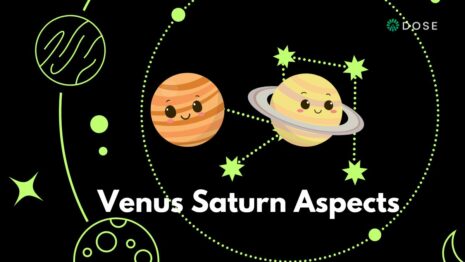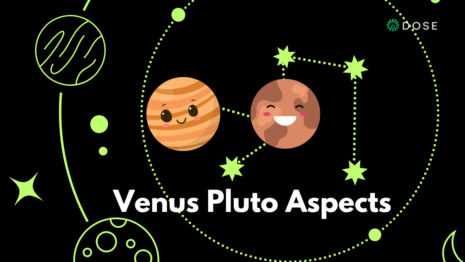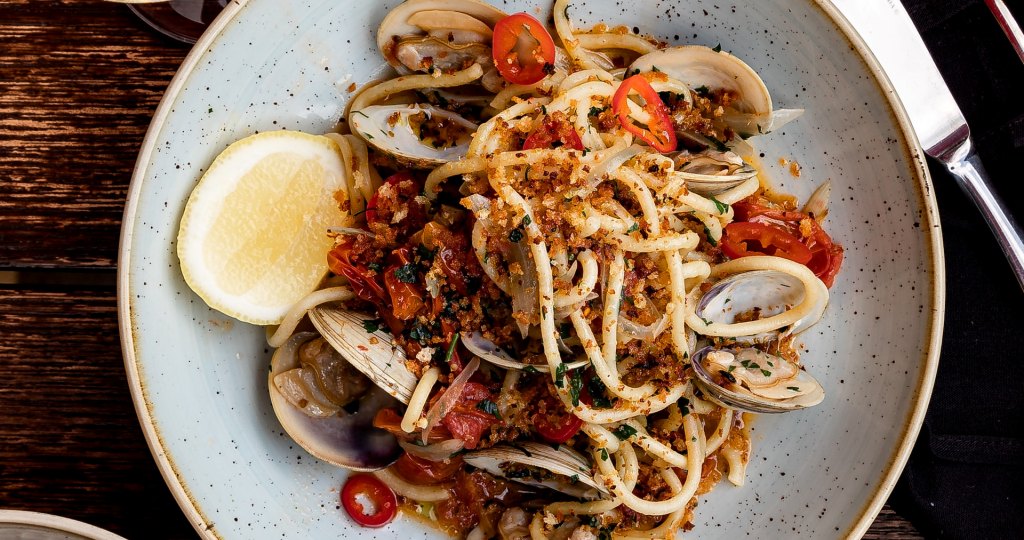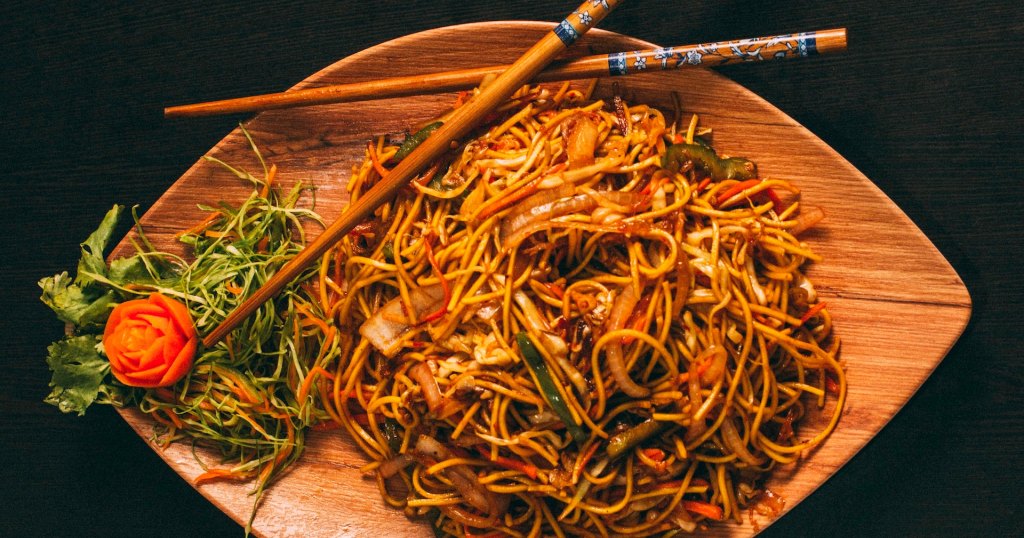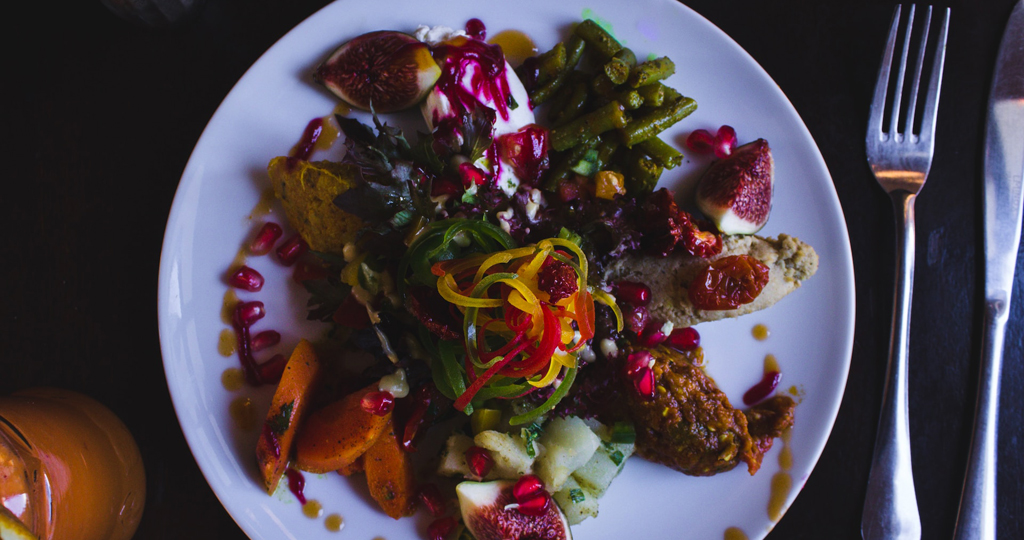Sahar Twesigye, is a Soil Association ambassador, a mum of four and blogger at Earth and Spoon. Earth and Spoon is a blog that helps busy modern women, like herself, transition from a processed diet and lifestyle to a natural, organic and wholesome routine in easy, bite-sized chunks.
After both her mum and sister got diagnosed with breast cancer in 2010, Sahar realised that it is still very blurry when it comes to educating consumers on what they are ingesting and purchasing and how it is impacting not only their health but the wider environment too. After following a vegan diet for six weeks, to re-set her body, Sahar noticed that by improving her diet, her ailments, body problems and concerns disappeared. She then looked into why this happens and how to ensure better purchasing practices going forward. This led to her to starting an organic lifestyle in 2015, and showcasing this on her blog in an accessible way.
“I lost trust in the mainstream” Sahar told DOSE. “By not doing something as simple as reading the small print and just taking things for granted, I got blinded as a consumer. As a world, we really aren’t taking our health seriously or looking after our families. If you think about it, what we eat today is completely different to what our great-grandparents used to eat – yes, there’s more variety but there are also a lot more chemicals and fewer nutrients.”
Going organic changed that for Sahar and her family and allowed them to access the best the earth has to offer. But what does organic mean? According to Soil Association, the UK’s leading organic charity, eating organic means choosing and eating food as it should be. It means fewer pesticides, no GM ingredients, no routine use of antibiotics and no artificial colours or preservatives. It also means giving back and making a huge difference to animals, wildlife and the planet and it’s easier than you think.
Just by swapping one vegetable to organic you can still make an incredible change. Organic farms have up to 50% more wildlife and organic crops, fruit and vegetables contain up to 69% more antioxidants that those produced with non-organic methods, with organic milk and meat containing around 50% more omega-3 fatty acids.
Sahar understands this and regularly mentions on her channels that as much as she would like to be 100% organic, as a large family, sometimes the budget just doesn’t allow for a complete organic week, and that’s okay – it’s all about making small changes. However, she swears by buying organic dairy, meat and vegetables and is working on becoming 100% organic in 2019, with pulses and beauty products being the next step. Working alongside Soil Association, Sahar hopes to inspire a whole new audience to the world of simplicity and ease when it comes to organic, especially around Christmas, when money is normally tight.
“Going organic is a long-term investment into not only our future but also our children’s. If we aren’t careful we are going to wake up in a few years and find that the soil is null and void and has nothing to provide for the world and that’s not a life I want for my family.” Sahar’s commitment to helping others go organic is a perfect metaphor for what going organic is all about – a way to provide a better environment for all and she has put together five top tips to help other families go organic this Christmas.
1. Do it slowly – trying to become organic isn’t about the destination, it’s about the journey – if you try and do it all at once, you will get overwhelmed. Take it one day, one meal and one area at a time. Soil Association have some great tips about going organic at Christmas by just swapping one or two ingredients such as your vegetables, cheese, turkey or wine and it’s the perfect place to start for the whole family.
2. Start inside your body and work your way out – start with just your food and supplements, then work on what you put on your skin such as your lotions before moving onto your clothes and cleaning products.
3. Think about the bigger picture – don’t just think about yourself. The benefits are huge for not only you but also your family, the animals and other people.
4. Less is more – when it comes to meat. Buying organic can become expensive so why not eat less of it? Introduce more meat free Mondays, making the switch to include more plants will go a long way not only for your budget but also for the impact on the environment as well as introducing a wide variety of nutrients.
5. Always on the look-out – look out for the Soil Association logo. Each product goes through a rigorous process to be awarded organic certification, which means that you can be sure that you are only purchasing the highest organic quality. Looking out for the symbol on products speeds up the process.
By Amanda
